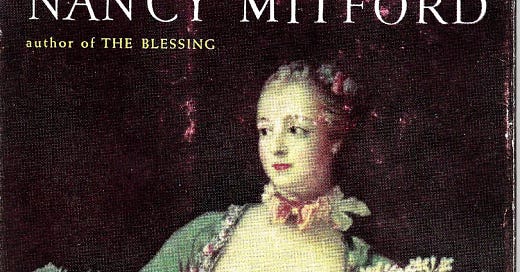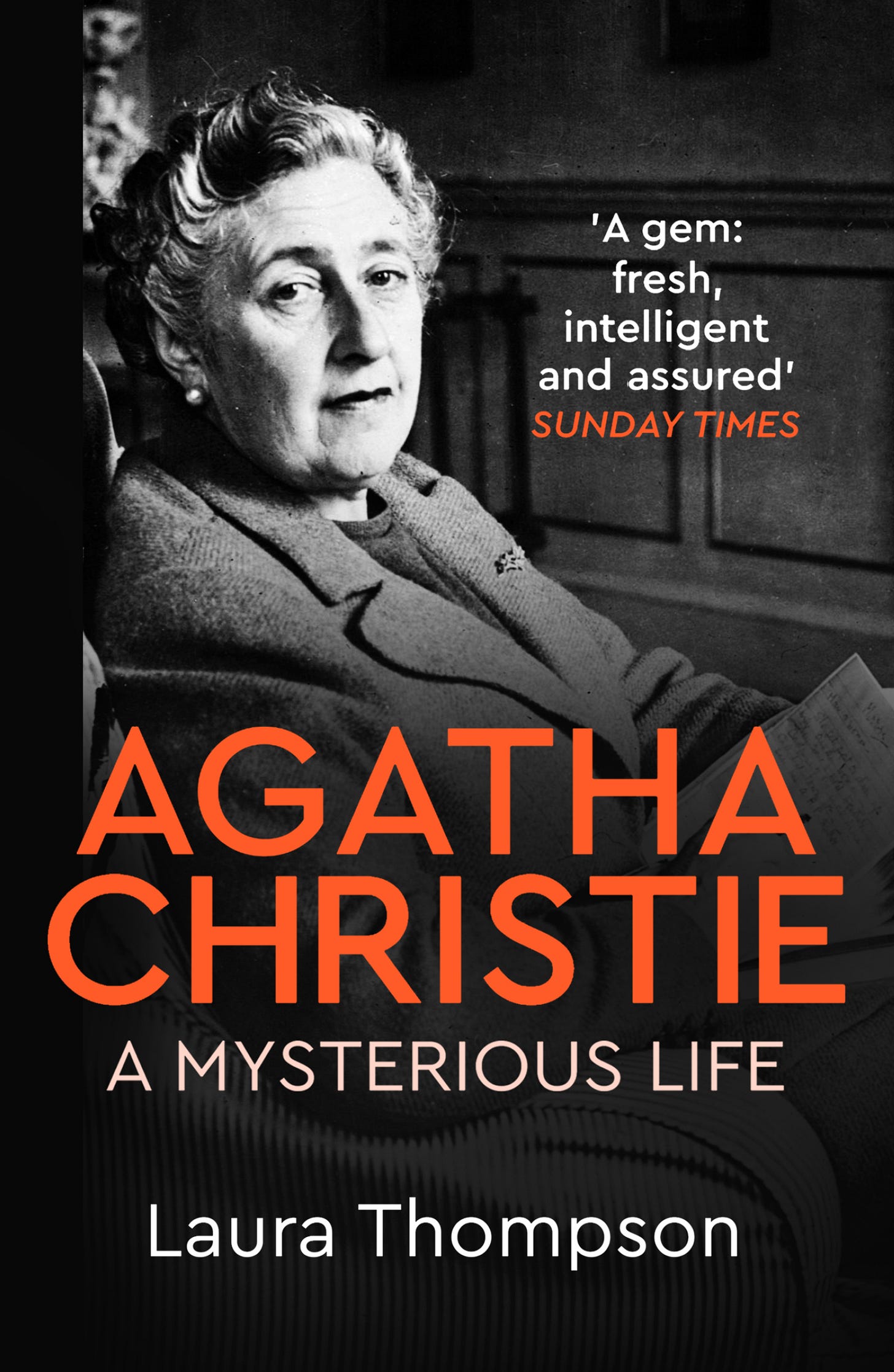What is ‘a biographer’? There is something about that word… I don’t altogether like it. It makes me think, not of creative endeavour, but of searches through reference books, YouTube searches, even (God help us) Wikipedia searches, in an attempt to find somebody new ‘to do’. I can say this because I have been in exactly that despairing and dull situation.
I am occasionally described as a biographer, but it isn’t really true. I have written only one book that I would consider a ‘proper’ biography, the one about Agatha Christie, which is appropriately adorned with footnotes and the like. I wrote it not because I was given the blessing of her Estate - fortuitous though this was - but because I had adored Agatha forever, I knew her books almost literally backwards. and I thought that the relationship between biographer (me) and subject (her) might create something of interest. Before this I had written a book about Nancy Mitford, although my publisher hedged her bets and called it not a biography but a ‘study’. Anyway. I wrote it for the same simple reason as the Agatha biog: because I was profoundly engaged with the subject.
After Agatha, however, I had a few meetings at which I was asked, very nicely, who next? And the truth was that there wasn’t anybody. I wrote The Six, about the Mitford sisters, which I suppose is a ‘group biography’. I wrote The Last Landlady, about my publican grandmother, which I would never call a biography (although somebody did ask me, most earnestly, whether she had left any papers or records, any sort of archive, that I had used in the book; I thought of the various card scores and handwritten cocktail recipes that still linger in my mother’s house, and said: no). After which came the terrible scouring of reference books and the like, in the hope of finding an idea that might satisfy a publisher… quite absurd, really, as a means to produce anything with a spark of real life. Plus it pushes you up hard against what I think of as the Biographers’ Conundrum: if you do by a miracle find somebody interesting who hasn’t ‘been done’, you are liable to be told that there is no interest in ‘doing’ them, because a book about them would not sell. If, however, they are big enough to warrant 'being ‘done’, then they have probably been ‘done’ to death.
I was extraordinarily lucky with Agatha, because the Estate was ready and willing to let me do the book, and supremely generous with access. This meant that, as well as writing something I actually wanted to write, I had lots of new material: the thing that a biography is supposed to have. (At the end of a non-fiction proposal, one is always required to answer the question: ‘What do you have that’s new?’ ‘I don’t know because I haven’t looked for it yet’ is inadvisably truthful). A review of my Nancy Mitford book, which was of such deranged viciousness that I have never read one since, was contemptuous of the fact that I had no ‘new’ information, all I could offer was my appalling style, and who in the world would want that?
Quite true that the real unearthing had been done brilliantly by Selina Hastings, in her Nancy biography. What I don’t understand is why that matters. Unless one can reveal something that radically shifts the known narrative - very unusual - what is most valuably new, to my mind, is the way in which the story is told. For instance: I saw pretty much every extant document about Agatha Christie, I spoke to everybody then living who had known her, or her family - but she has been ‘done’ again since my book was published; as why shouldn’t she be, if a different writer has something different to say?
And the proper biography, the one with all the New Material, can - let us be honest - be a thing of great worth that one doesn’t necessarily care to read. It can evoke the remark attributed to George III when presented with Vol. II of Decline and Fall of the Roman Empire: ‘Another damned thick, square book, Mr Gibbon!’ I can think of several biographies that I have bought, about people whom I find intensely compelling. only to find that halfway through the laborious intro I am done with actual reading and skipping to the acknowledgements (‘I should like to thank the staff at the National Archives’) then to the index for the most promising bits (‘Jagger, Mick’).
Of course there are glorious exceptions. Off the top of my head I think of Paula Byrne on Barbara Pym, Philip Ziegler on Diana Cooper, Justine Picardie on Coco Chanel, Meredith Daneman on Margot Fonteyn… all ‘proper’ biographies, researched and annotated and entirely trustworthy, but defined by a passionate relationship between writer and subject that also makes them wonderful books… in which the subject is not painstakingly explained (how can a biographer presume to do such a thing) but illuminated.
Keep reading with a 7-day free trial
Subscribe to Laura Thompson’s Substack to keep reading this post and get 7 days of free access to the full post archives.





